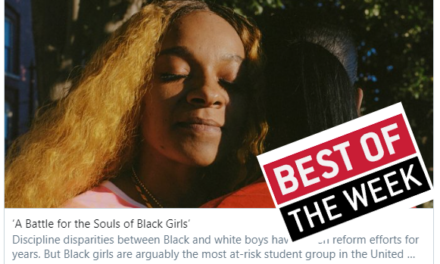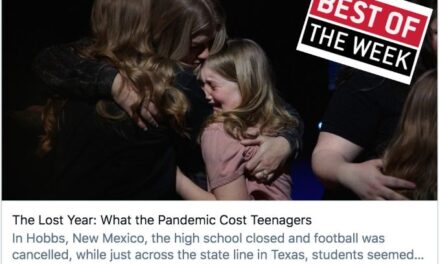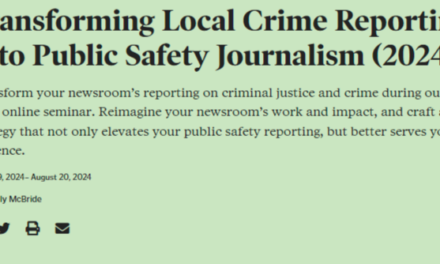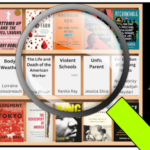There haven’t been any major gaffes or problems with media coverage of this year’s report, according to the folks at PDK.
“I thought all the coverage was great,” says PDK’s Joshua Starr, who until recently headed the Montgomery County school system.
For a full list of media coverage look here. The #PDKpoll hashtag was trending on twitter the day of the report’s release. The rollout was broadcast on C-SPAN.
According to Starr, the Washington Post’s Lyndsey Layton and the LA Times’ Joy Resmovits both did particularly thorough jobs covering the results.
The LA Times story focused on something new in the poll results this year — demographic breakouts showing similarities and differences among different groups of parents. “There’s clear differences in perceptions and some stark similarities between different demographic groups,” notes Starr. “We’re very diverse, and becoming more diverse. We can’t say that parents are monolithic on anything.
Outside of traditional media outlets, bloggers and advocates have been using various data points to bolster their cases, notes Starr. And there have been some quibbles with the wording of the survey questions. But the basic credibility of the results hasn’t been questioned, he says.
“What I like about our poll is that we are agenda free,” says Starr. “I take umbrage with people who are trying to claim that we have an agenda.” PDK funds the polls internally, he says, without any outside funding.
It’s not so much media inattention that’s a problem, notes Joan Richardson, Editor-in-chief of PDK’s magazine, called Kappan, but rather oblivious or uncaring policymakers who are the issue.
“Every year the public names lack of financial resources as the number one problem. That’s held steady for 10 years in a row. And yet do you find policymakers responding to concern? It would be nice if policymakers paid attention.”
Richardson notes that the surveys indicate little interest in vouchers, but they seem appealing to policymakers. Policymakers sometimes might seem to be paying attention to survey results, such as last year’s findings about Common Core and NCLB. But overall, “there’s a disconnect between where policymakers and the public are going,” she says.
To help keep up awareness of the survey findings among journalists and perhaps even policymakers, PDK is releasing the results in stages again this year — the next batch (focused on teachers) comes out next month — and Starr will be holding a series of events during the year related to key poll results. “I want to make this a start of a conversation, we’re not having enough real conversation about the complexity of public education.”
Starr also hopes to make the data more readily available and usable for reporters and others, through visualizations, crosstabs, and other tools. “I would love to figure out how to become kind of a clearinghouse,” he says, noting how little time and support most education reporters have these days — and such a glut of information and opinion. He mentions both FiveThirtyEight, the data-based site started by Nate Silver, and the NYT’s Upshot as models.
The need to help reporters make better and more frequent use of available data has come up in the past in blog posts and interviews with USC’s Morgan Polikoff and reform advocate Neerav Kingsland.
Reliable polling data that represents the opinions of more than just advocates or individuals is all the more important right now because “there’s so much pull in one direction or another,” notes Richardson. “Everybody’s in there trying to promote their own point of view. There really is a hunger for knowing what the public has to say.”
Related posts: Education Researcher, Expert Source, Media Critic; A Nagging Disconnect Between Vivid Anecdotes & Underlying Data.
ABOUT THE AUTHOR

Alexander Russo
Alexander Russo is founder and editor of The Grade, an award-winning effort to help improve media coverage of education issues. He’s also a Spencer Education Journalism Fellowship winner and a book author. You can reach him at @alexanderrusso.
Visit their website at: https://the-grade.org/













